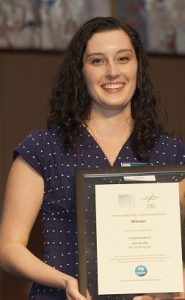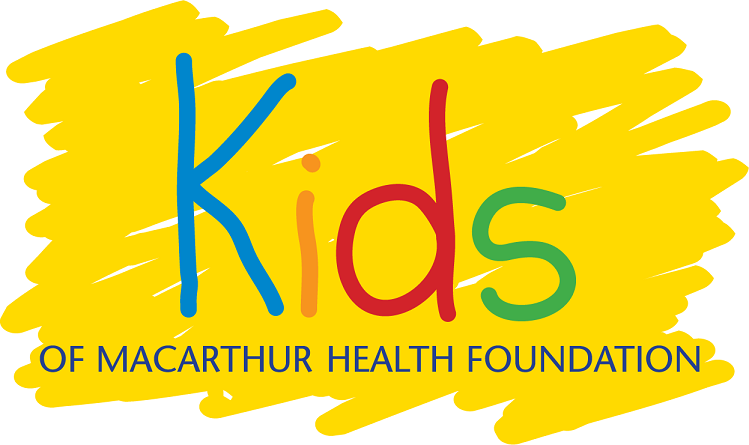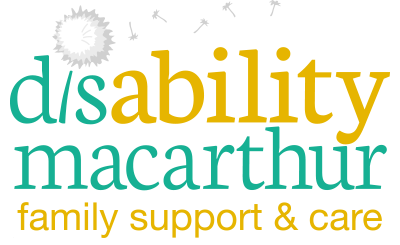
We hear with our ears but we listen with our brains.
According to Western Sydney University PhD student Julie Beadle, when it comes to hearing in noisy environments, what we see can impact what we understand.
Ms Beadle, a MARCS Institute researcher, won the 2017 Cooperative Research Centre Association’s (CRCA) Early Career showcase for her research on how visual distractions impact auditory processing.
Ms Beadle is now developing an auditory-visual listening test that is more reflective of communication in real life, and will evaluate how age and cognitive factors like attention and memory are related to test performance.
“Hearing well is very different from listening well,” she said.
“Listening requires both a functioning auditory system and a functioning cognitive system.
“Many older adults can have good hearing or have had their hearing corrected by hearing aids, but they still struggle to understand speech in everyday noisy situations.
[social_quote duplicate=”no” align=”default”]“That is because, although hearing aid technology is progressing, hearing aids often amplify background noise in addition to amplifying a person’s voice.”[/social_quote]
Ms Beadle’s preliminary research findings suggest that looking at the face of the person talking can assist in understanding speech in noisy situations.
However, when multiple talkers are presented, speech perception in noise becomes more challenging.
In the next stage of her research, she will use immersive screens and an anechoic chamber, which is designed to completely absorb echoes, to simulate a typically noisy environment.
Professor Jeesun Kim from the Multisensory Communication Program at the MARCS Institute said effective communication was the cornerstone of social interaction and inclusion.
“It’s a vital ingredient in healthy aging and Julie is leading the way in showing that it involves much more than hearing,” she said.
“Her research has the potential to make a real contribution to helping older adults to communicate more effectively.”
In addition to her success in the Showcasing Early researchers’ competition, Ms Beadle will also represent the MARCS Institute and Western Sydney University in Linkoping, Sweden later this month, where she has been selected to give an oral presentation at the pre-conference for the 2017 Cognitive Hearing Science and Communication Conference.




